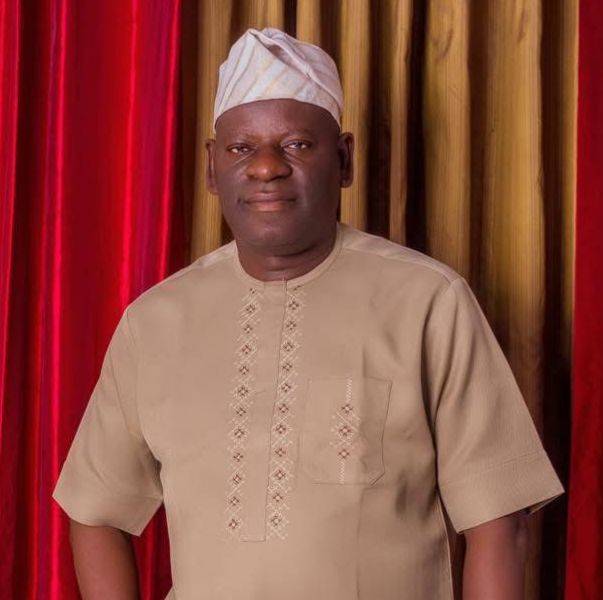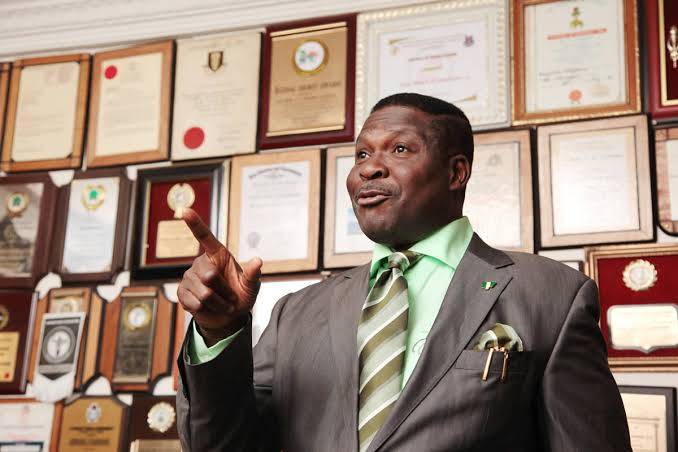Russia’s resilience in the face of sanctions surprised experts in the early months of the war in Ukraine, but there are growing signs that deepening isolation will result in a withered economy for years to come, and a greatly diminished standing as an energy superpower.
Since absorbing the early blows of western sanctions, Russia has largely retaliated by shutting out the west, trading exclusively with “friendly” countries, and shoring up partnerships with nations that can stomach doing business with a pariah state.
It’s had some success in sowing chaos via its weaponization of the energy trade, recently halting gas flows to Europe’s key Nord Stream 1 pipeline while selling its leftover fuel supplies to customers like China and India. Energy sales to those two countries netted Russia over $24 billion in the first three months of the war alone.
But underneath the Putin’s defiant show of resilience, signs are building that Russia is set to pay a steep price for isolation in the long-run, according to Yuriy Gorodnichenko, a UC Berkeley economist.
“What they propose to do is a recipe for long-term stagnation,” Gorodnichenko told Insider, pointing to other isolated nations with the world’s weakest economies, specifically North Korea, Afghanistan, and Cuba.
Russia’s isolation really began in 2014, worsening its economic position in the run-up to its invasion of Ukraine. The country recorded $1.78 trillion GDP in 2021, down from $2.06 trillion seven years earlier. The International Monetary Fund estimates GDP will fall another 6% this year.
“What happens is that [isolationism] reduces the number of products that [Russia] can buy,” Jay Zagorsky, a markets professor at Boston University, said. “It can only buy Indian agricultural goods, it can only buy Chinese manufactured goods, that sort of thing. And when you limit yourself to one particular country you often end up not getting the highest quality, or the best price.”
That means Russia’s payment ban on the “unfriendly” US dollar – which accounts for 88% of global foreign exchange transactions – is a huge barrier, allowing sellers to charge a premium and make imports more expensive.
Since the war, trade with sanctioning countries has decreased by 60%, and trade with non-sanctioning countries has decreased by 40%, economist Paul Krugman pointed out in a recent op-ed, citing data from the Peterson Institute for International Economics.
Fading energy advantage
All of this packs a particularly strong punch for Russia’s energy exports.
Last year, oil and gas sales made up 45% of Russia’s GDP, according to the International Energy Agency. However, boosting and maintaining energy production in the long-run hinges on being able to purchase the machinery and the technology required to power the industry, much of which is produced in the west.
“Many of the oil field exploratory kits and machines are extremely high-tech. We’re talking about GPS systems and robots that are controlling things deep underground. It’s not just a bunch of guys with a big pipe and a bunch of sledgehammers,” Zagorsky said.
The inability to invest in that technology will be a major roadblock to Russia’s dominance in the energy market going forward, especially as energy-strapped Europe is shelling out billions to hike production over the next decade.
It’s also compounded by the fact that Russia is now selling its oil to select customers. That’s earned countries like China and India hefty discounts on Russian crude – and the ability to sell oil and gas to other customers for a profit. That not only cuts Russia’s energy revenue, it also forces the nation to cede much of its power in the oil market, Gorodnichenko said.
That might be one of the reasons why Russia has been quietly recording its losses since the war. Russia’s finance ministry doesn’t publish monthly reports, but internal documents reviewed by Bloomberg found that Russia had incurred billions in “direct losses” from western sanctions, and its budget surplus had fallen by 137 billion rubles, or $2.1 billion, as of August.
“The fact that they’re not publishing a lot of economic data indicates that they know there are costs, but they would like to hide the extent of those costs,” Don Hanna, an economist at UC Berkeley told Insider. “All of that is designed to obscure the consequences of the invasion of the Ukraine on the Russian economy.”
Source: Markets Insider













